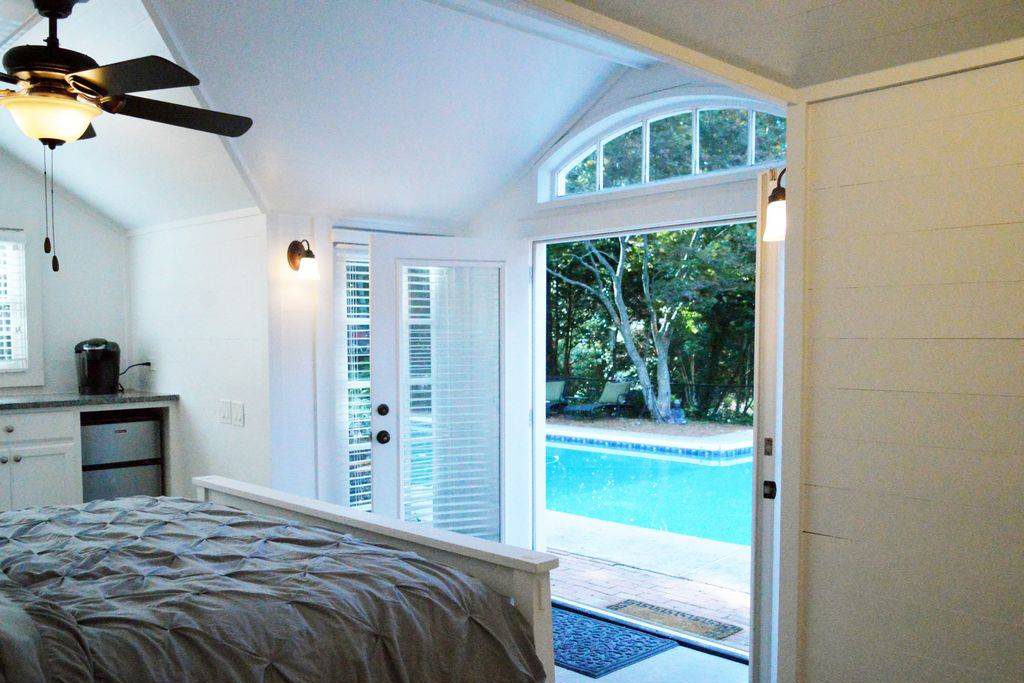Airbnb Clone Wimdu to Close Despite Having Raised More Than $90 Million

Skift Take
One ripple effect of startups like Airbnb raising enormous sums of funding is that it has become harder for smaller rivals to clone their models elsewhere in the world. While clones get a bad name, they do provide benefits to consumers in added competition.
Some called Wimdu the "Airbnb killer" soon after it was founded in 2009. But Airbnb turns out to have had the last laugh.
Wimdu, which had been Europe's most well-funded clone of short-term rental search company Airbnb with 400 employees at its peak, will close by the end of the year, according to a message the company sent to partners Thursday. It cited "significant financial and business challenges" as the explanation.
The company did not respond to comments in time for publication. It will lay off its staff of abo

